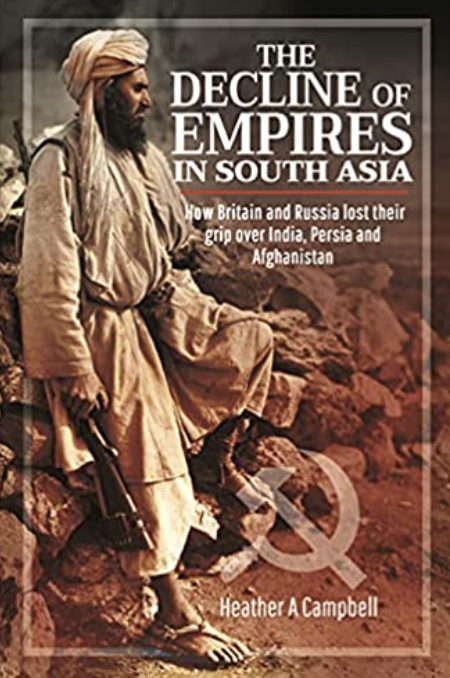
British and Tsarist Russian imperial design collided in the Great Game of 19th century


South Asia was where for decades the “Great Game” in geopolitical rivalry of the two greatest modern empires- Britain and Russia- had dominated international relations. With the advent of Communism in Russia and growing nationalism and pan-Islamism in Afghanistan, Persia, and India, Britain’s imperial standing was under threat. Faced with these problems, some in the British government such as Lord Curzon, ex-Viceroy of India and the dominant imperialist in the British Foreign Office, fell back on what they knew- old patterns of rivalry and high-handedness that characterized the Great Game. War with Afghanistan, civil unrest in India, and rising tensions in Persia, those who opposed this Great Game mindset advocated a new way forward for British foreign relations.
Aberdeen University graduate, Dr. Heather Campbell, a historian and political scientist specializing in British and Russian Imperial history, the first World War, British policy in India, Afghanistan and Persia (later Iran), and Imperial and Soviet Russia, explores how after years of fighting each other for South Asia, Russia and Britain started to lose their influence in this area for a variety of reasons.
The book details the Third Anglo-Afghan War and Afghanistan’s newfound independence attempts by Curzon to impose British hegemony on Persia, Gandhi and the non-cooperation movement, the Caliphate issue, and the debates between London and Simla about how to deal with all of this.
The Decline of Empires in South Asia: How Britain and Russia lost their grip over India, Persia, and Afghanistan by Heather A Campbell, Pen and Sword Books £20/$34.95, 256 pages.
